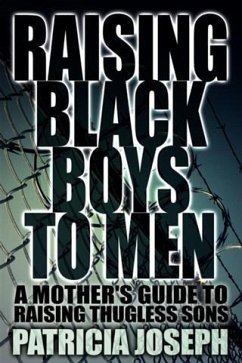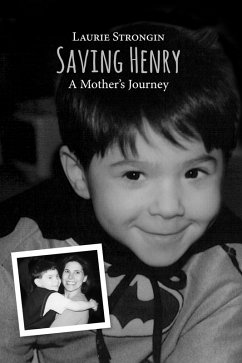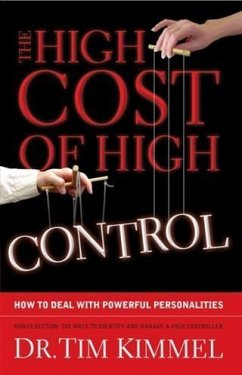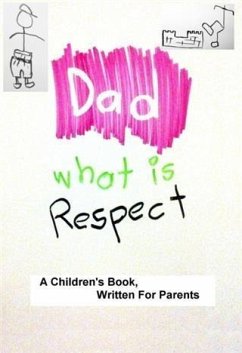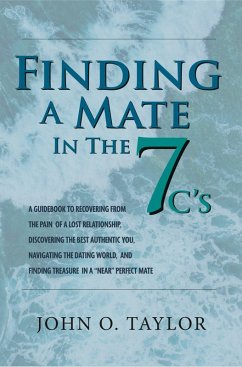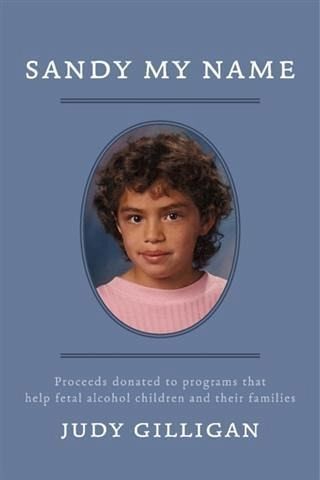
Sandy My Name (eBook, ePUB)

PAYBACK Punkte
2 °P sammeln!
Sandy came to us through the foster system, speaking in grunts and gestures and pulling out chunks of her own hair in tantrums. As our time with her was extended, she started to calm down--at least a little. Despite her difficulties, my husband and I and our two young children had come to love her earnest brown eyes, her endearing sayings, and her efforts to make sense of the world. "Yay," she cried four years later, "I get to be adopted, because you want to keep me!" Yes, we wanted to keep her. We loved her. We thought we could make a difference. But as Sandy grew older, her failures in schoo...
Sandy came to us through the foster system, speaking in grunts and gestures and pulling out chunks of her own hair in tantrums. As our time with her was extended, she started to calm down--at least a little. Despite her difficulties, my husband and I and our two young children had come to love her earnest brown eyes, her endearing sayings, and her efforts to make sense of the world. "Yay," she cried four years later, "I get to be adopted, because you want to keep me!" Yes, we wanted to keep her. We loved her. We thought we could make a difference. But as Sandy grew older, her failures in school mounted, emotional difficulties re-emerged, and misbehaviors increased in seriousness. She became a master at covering up what she did not understand. At the same time she was generous and open-hearted, a fantastic artist, and she adored animals. Cats, dogs, hamsters, gerbils--we had them all. It was the thought of the gerbils dying that made her smother the flames. "You'd better call the police," she cried, "I just tried to burn down the house." Stunned by her arson, sexual experimentation, and suicide attempts in middle school, we agreed when her psychologist recommended residential treatment. But the new friends she made there only furthered her "bad kid" education. "You should have used gasoline on that fire," they told her. Sandy and the girls slipped through holes in the fence to run off with boys they met at convenience stores and later with down-and-outs from skid row. It seemed all we could do was try to stick with her. Finally, a therapist recognized her as a victim of fetal alcohol spectrum disorder--fetal alcohol syndrome without the physical appearance--a new concept, the brain damage without the telltale markers. The condition was revealed in behaviors, and Sandy had them all. But with late diagnosis and no cure or definitive treatment for the faulty wiring in her brain, Sandy pulled us into a world of psych wards, street life, and jails. Ron and I tried to maintain a relationship with her, as one by one our hopes and expectations were stripped away. In the end, after threats to our marriage and fears for our family's safety, we came face to face with the meaning of love.
Dieser Download kann aus rechtlichen Gründen nur mit Rechnungsadresse in A, B, BG, CY, CZ, D, DK, EW, E, FIN, F, GR, HR, H, IRL, I, LT, L, LR, M, NL, PL, P, R, S, SLO, SK ausgeliefert werden.





